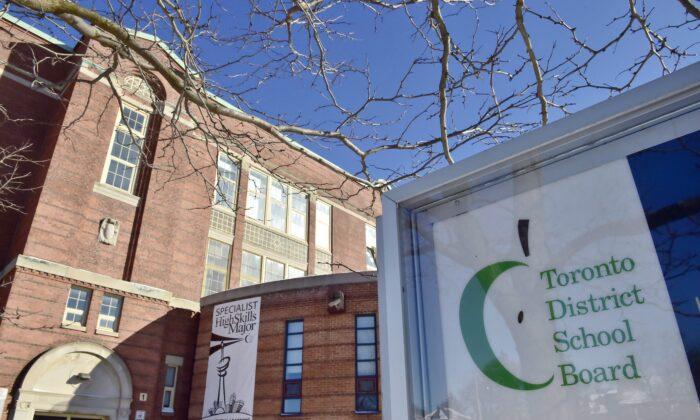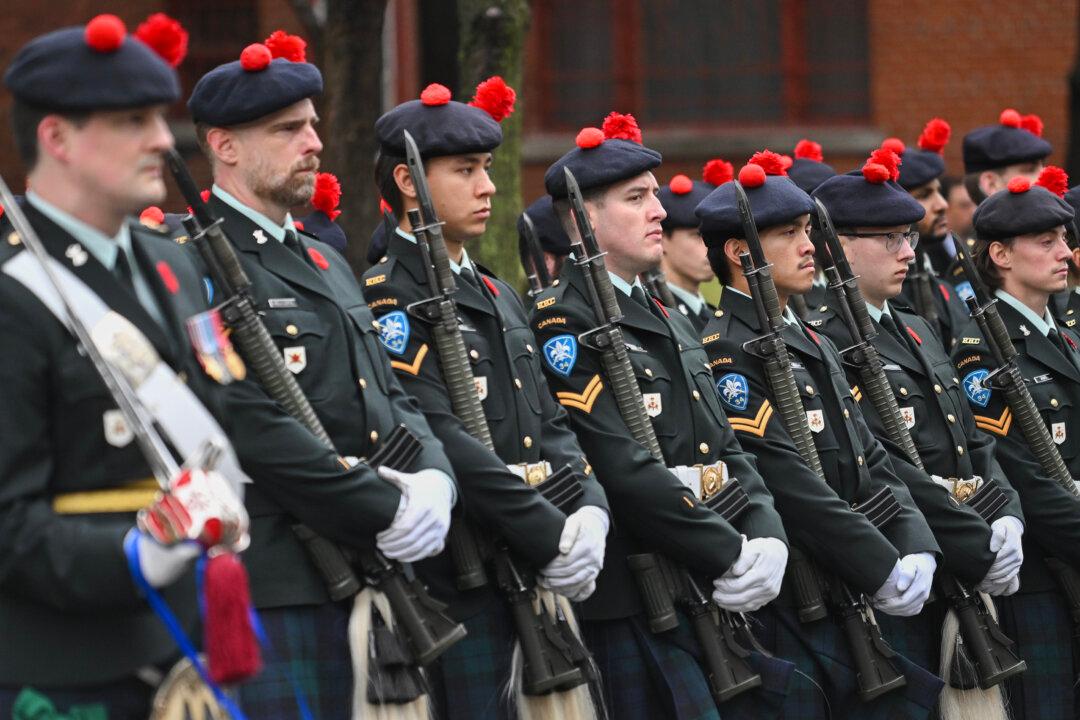Canada’s foreign affairs minister says her government is “deeply concerned” by the arrest of a Canadian citizen and her media colleagues in Hong Kong, while parliamentarians in Canada are asking for swift action to ensure her release.
Early Wednesday, over 200 police officers raided the offices of Hong Kong pro-democracy media outlet Stand News—where Ho was once a board member—and arrested several other directors and journalists for “conspiracy to publish seditious materials.”
Foreign Affairs Minister Mélanie Joly said that Canadian officials “are engaged and stand ready to provide assistance on the ground.”
“We are monitoring the situation very closely,” she said in a statement. “We are deeply concerned by the arrests in Hong Kong of current and former board and staff members from Stand News, including Canadian citizen and activist Denise Ho.”
Conservative MP Michael Chong, his party’s foreign affairs critic, said Ho’s arrest violates the 1984 Sino-British treaty which requires autonomy for Hong Kong.
Conservative MP Garnett Genuis criticized China’s arrest of Ho, and called for a quick response from the federal government.
“The arbitrary detention of our citizens has not stopped. This arrest requires a swift and emphatic response,” Genuis wrote on Twitter.
A number of current and former Canadian parliamentarians have also voiced concerns about Ho’s arrest and called for her release.
Conservative Sen. Leo Housakos wrote to Global Affairs Canada, asking what the federal government is doing to assist “the latest Canadian citizen kidnapped by the communist regime of China.”
“It has been brought to my attention that, in recent days, another Canadian citizen has been arbitrarily detained by authorities of the communist regime of China,” Housakos said on social media.
“While this assault on journalistic freedom is outrageous and must be unequivocally condemned, my immediate concern in writing you is the safety of one of our citizens.”
Former Conservative MP Kenney Chiu voiced concerns for the more than 300,000 Canadian citizens currently living in Hong Kong, while lamenting the city’s crumbling democracy.
“If anyone still argues that Hong Kong has not been dragged to the bottom of authoritarian dictatorship pit, the arrest of Quebecer Denise Ho … is the proof,” Chiu wrote on Twitter.





